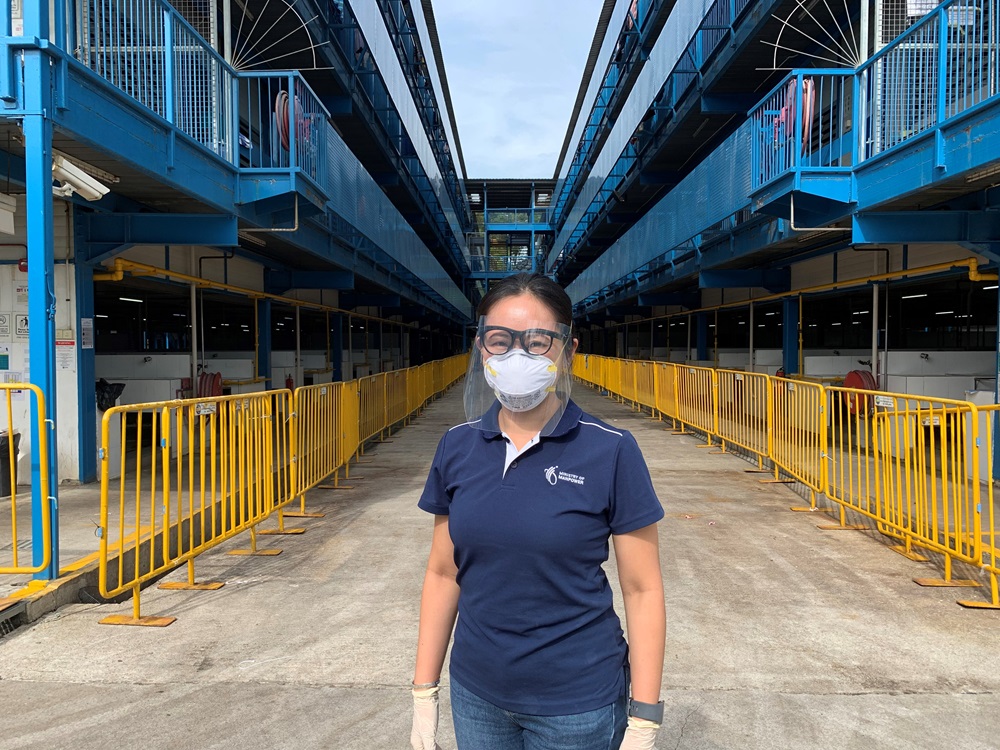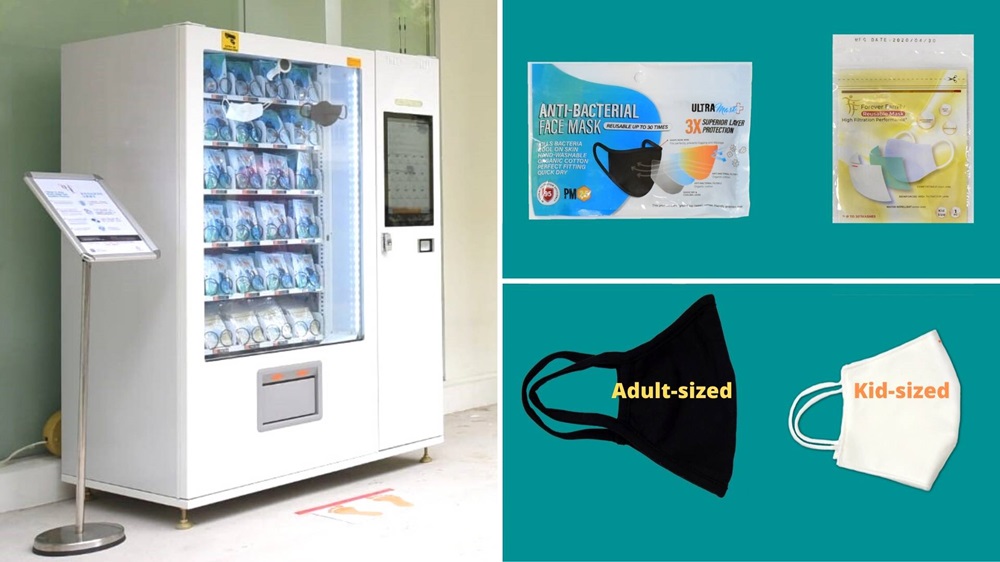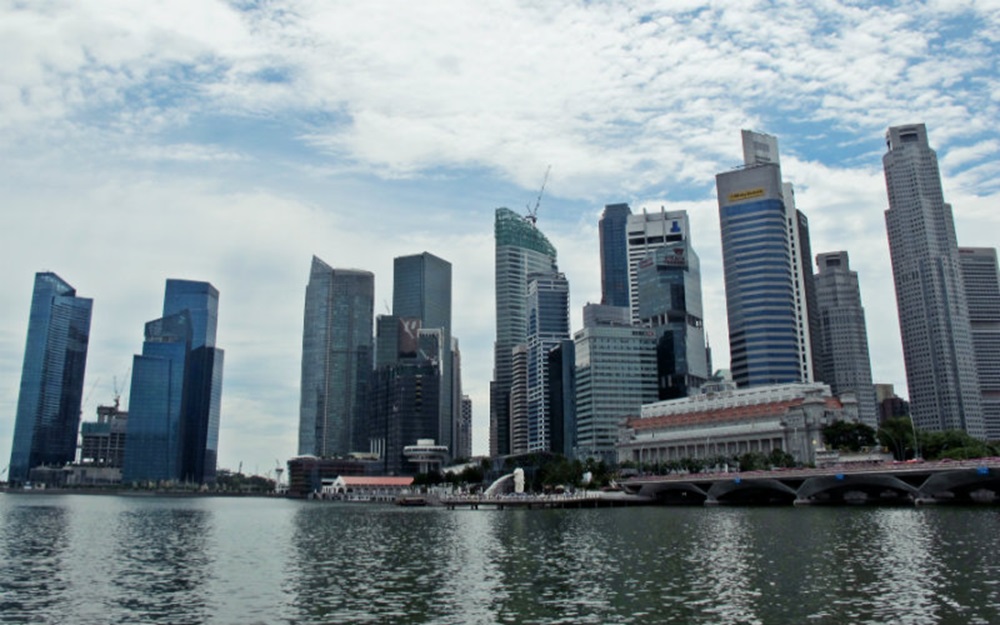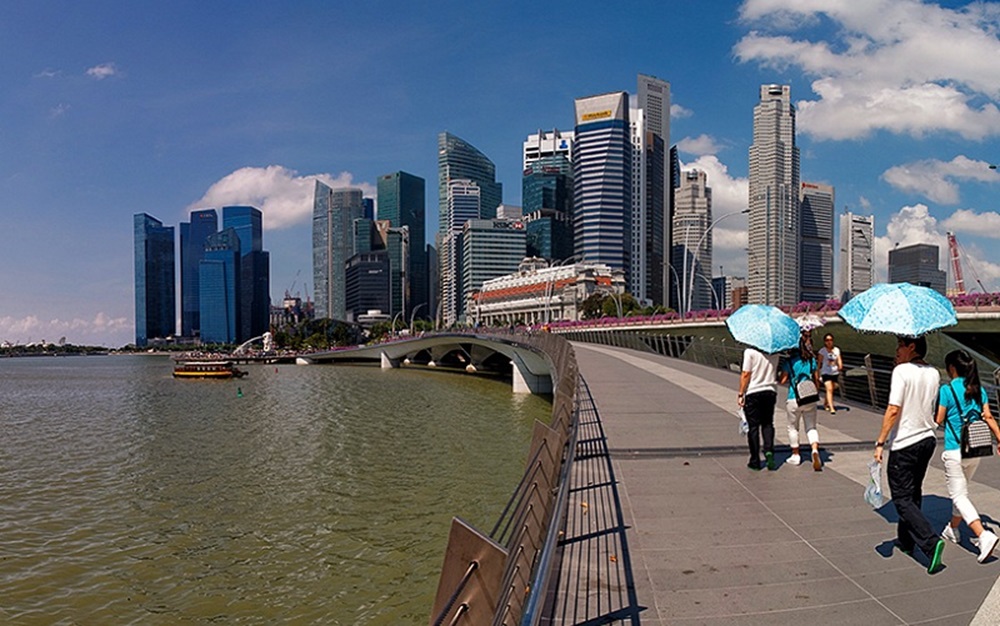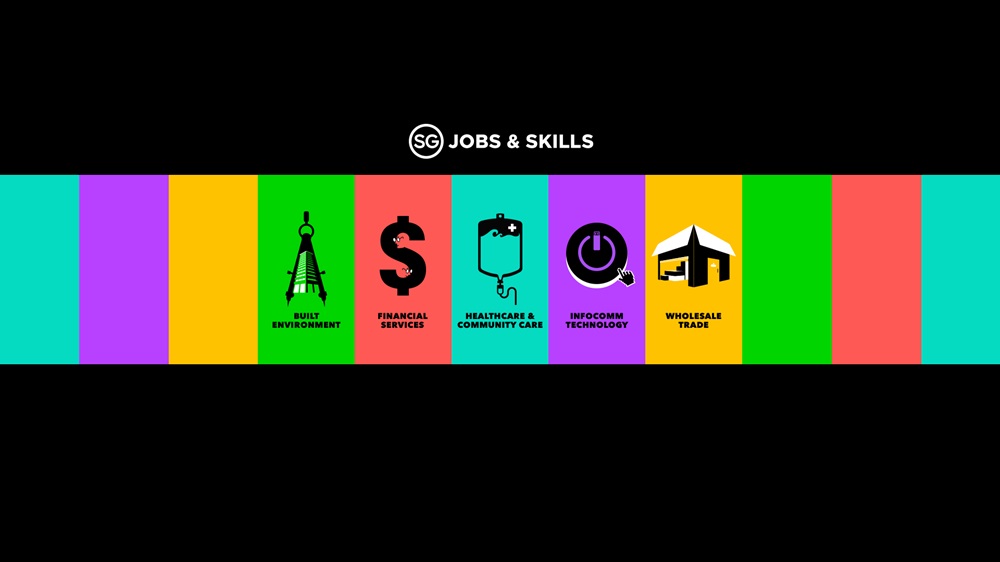
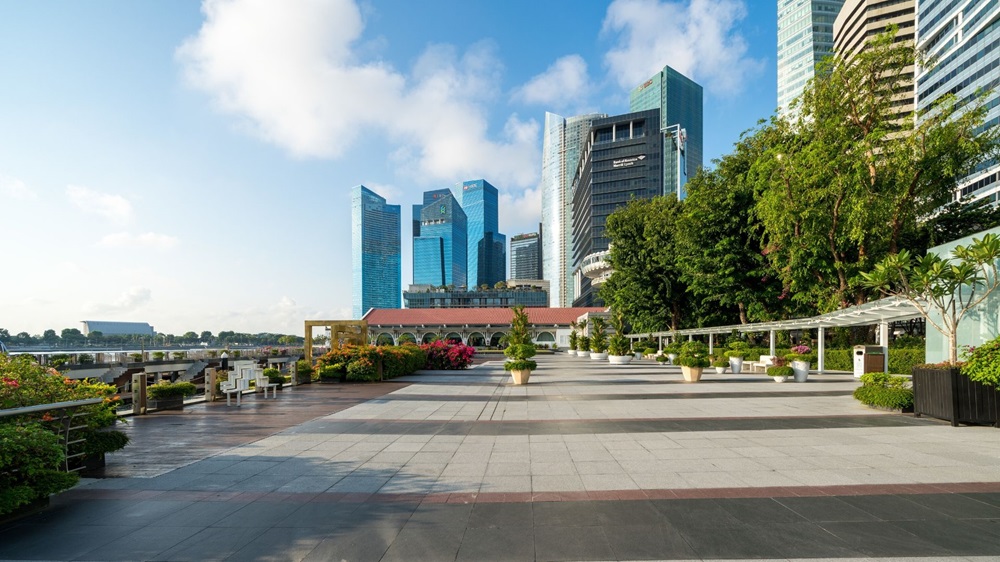
The risk of a resurgence in community transmission remains high, so Singapore must be cautious as circuit breaker measures progressively lift, over three phases. Safe Re-opening is the first of these phases, a gradual re-opening of some activities. It will be implemented from 2 June 2020.
Economic activities that do not pose a high risk of transmission will resume, but social, economic and entertainment activities that carry higher risk will stay closed. Everyone should continue to leave home only for essential activities, and should wear a mask when doing so. As seniors are a particularly vulnerable group, they should continue to stay at home as much as possible.
As more of us return to work and school, we must ensure that we conduct these activities safely, to minimise the risk of community transmission.
Safe Re-opening covers four areas:
- Safe Work
- Safe Home and Community
- Safe School
- Safe Care
Safe Work
Businesses that will re-open
Besides essential businesses that are already operating, more Singaporeans will gradually be allowed to return to work. This starts with businesses that operate in settings with lower transmission risks, including:
- Most manufacturing and production facilities, eg. semiconductors and medical technology; and
- Most businesses with employees working in offices and setting that do not require interactions with large groups of people, eg. finance & insurance, and IT & info services.
Tele-commuting must be adopted to the maximum extent in businesses that re-open. This means those who have been working from home so far should keep doing so, and employees should go to the office only where demonstrably necessary, e.g. to access specialised systems/equipment that cannot be accessed from home.
Employers must put in place and enforce safe management measures at the workplace, and employees must adhere strictly to them. Checks will be conducted, and non-compliant businesses will have to close their workplaces. MTI’s advisory on the gradual resumption of business activities here
Businesses that will remain closed
Most retail outlets other personal services will not re-open in Phase One.
Dining in at F&B outlets will continue to be disallowed.
Only selected services, namely, motor vehicle servicing, aircon servicing, basic pet grooming services, school bookshops and retail shops selling school uniforms will be allowed to resume.
Hairdressers and barbers will also be allowed to resume offering all hairdressing services, beyond basic haircut services.
All home-based businesses that operate using a delivery/collection model will also be allowed to resume.
To check if a business may resume, refer to https://covid.gobusiness.gov.sg/permittedlist/.
Safe Home and Community
House visits
Each household will be allowed to visit their parents or grandparents staying elsewhere, to allow families to spend time and provide support to one another. However, every household should limit such visits to only one per day, and to not more than two persons from the visiting household.
Dropping off children at parents’ and grandparents’ homes for childcare will also be allowed, subject to the same limit of two visitors from the same visiting household per day.
All members of both households must observe good hygiene practices during the visit.
Marriage solemnisations
Marriages solemnisations involving up to 10 persons will be allowed to take place in-person again.
Places of worship
Places of worship can re-open for private worship, i.e. with up to 5 members of the same household praying together at any one time.
Wakes and funerals
Families can continue to gather for wakes and funerals, with no more than 10 persons at any one time.
Sports and recreation facilities
These will remain closed.
Other non-essential activities and social gatherings are still prohibited, as these bring together more people living in different households.
Safe School
Preschools and Early Intervention Centres
Preschools will gradually re-open by levels from 2 Jun, with full resumption by 10 Jun, so that young children can be cared for safely while their parents return to work.
K1 and K2 children will return to school from 2 Jun. N1 and N2 children may return from 8 Jun. Infact Care and Playgroup children may return from 10 Jun.
Students from graduating cohorts will attend school daily, while other cohorts will rotate weekly, alternating between Home-Based Learning (HBL) and returning to school for lessons. This is shown in the illustrative weekly schedule.
| Week 1 (2 Jun) | Week 2 (8 Jun) | Week 3 (15 Jun) | Week 4 (22 Jun) | |
| Primary | 4, 5 and 6 | 1, 2, 3 and 6 | 4, 5 and 6 | 1, 2, 3 and 6 |
| Secondary | 1, 2, 4 and 5 | 3, 4 and 5 | 1, 2, 4 and 5 | 3, 4 and 5 |
Junior Colleges (JCs) and Millennia Institute (MI)
Up to half of students will return school at any one time. JCs and MI will prioritise the return of JC 2 and Pre-U 3 students, with some rotation of students from the other levels.
Institutes of Higher Learning (IHLs)
At polytechnics, lessons and tutorials will remain online. At the Institute of Technical Education (ITE), students will rotate weekly between online and on-campus lessons. For both, students will return primarily for practical and lab sessions.
At autonomous universities (AUs), students from the Singapore Institute of Technology and Singapore University of Technology and Design will carry on with online lectures and tutorials. They will return primarily for practical and lab sessions, including capstone and final-year projects. Students from other AUs will be having their vacation.
Special Education (SPED) schools
Students’ return will be staggered from 2 Jun, all will be back in school by 8 Jun.
All staff and students will need to wear masks or face shields when in school or on campus.
Co-Curricular Activities, enrichment activities and tuition will not resume.
Student Care Centres will fully re-open on 2 Jun, along with the reopening of schools.
Safe Care
Healthcare services
Healthcare services such as specialist outpatient services, medical procedures, community-based services, and chronic disease management will resume, prioritised based on medical necessity and available capacity while maintaining appropriate safe distancing and precautionary measures.
Preventive health services, such as flu vaccinations, will recommence.
Complementary healthcare services will resume for one-to-one sessions, and Traditional Chinese Medicine (TCM) needle acupuncture will be allowed for all conditions.
Allied health services will be allowed except for group interventions.
Senior services
Current measures limiting the scope of senior services and senior-centric activities will remain, in order to protect our seniors.
However, Senior Activity Centres will gradually resume some activities in a safe and controlled manner.
Community-based centre services
Community-based centre services for persons with disabilities will also gradually re-open to serve those who need the services, with safe distancing measures in place. Activities will be held in smaller groups if needed, and persons who have medical conditions are encouraged to remain at home to receive home-based support.
Staff will continue to take necessary precautions including wearing masks, maintaining good personal hygiene and ensuring regular cleaning of activity equipment and shared spaces.
Moving forward, with more activities and interactions, there is likely to be a rise in new community cases. It is important that we detect and contain these cases quickly and prevent large clusters from forming.
Our re-opening plans will not be a return to life before COVID-19. In order to carry out our daily activities safely, we must get used to a new normal, adopting safe management measures and technology.
We use cookies to tailor your browsing experience. By continuing to use Gov.sg, you accept our use of cookies. To decline cookies at any time, you may adjust your browser settings. Find out more about your cookie preferences here .









